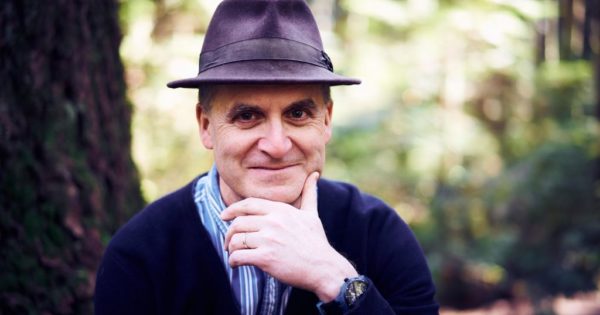Removed by mod
Why Evan Thompson Isn't a Buddhist
Removed by modi'm just going to stop being an edgy nerd and leave this here
I honestly feel like I'm being collectively gaslit by all of these mindfulness books and claims on the internet. I can find almost no peer-reviewed studies or journals talking about a 'raptorous' or 'enlightening' experience that these books claim, only boosts to mental health and productivity (duh). And if there was, why wouldn't everyone be doing it? It just is... suspicious, to me.
but, it's obvious. it's not 'scientifically proven'. but it's a valid religion. Me saying anything else is just me being reactionary.
maybe this article will help people in the same place as me. To people in the same situation: There are people who agree with you, you aren't some oppressed group, don't be a dick to Buddhists and people just trying to explore themselves for no reason. Idk if that will mean anything though.


This seems like a semantic discussion, rather than a philosophical one. Creating self-help frameworks based on mindfulness exercises and calling it Buddhism is like creating a stretching routine and calling it yoga. People will do it, and you'll end up with all the trappings of a self-help program, just like people have taken Buddhism and turned it into an established religion with all the trappings of religion.
The only thing I've seen that separates Buddhism from other religions, or at least that separates the underlying philosophy of Buddhism from the religious trappings, is that it actively encourages shedding those religious trappings. "If you meet Buddha on the road, kill him." Temples, shrines, rituals, dogma, etc. are all temporary and conditional, and therefore cause suffering. They exist as a framework to understand, but must then be overcome in the same way that we must overcome everything else. That doesn't mean the practice of it as a religion is any less mired in the same nonsense that all organized religion suffers from, but the source-code, so to speak, largely rejects treating it as a religion in the way we often think about religion.